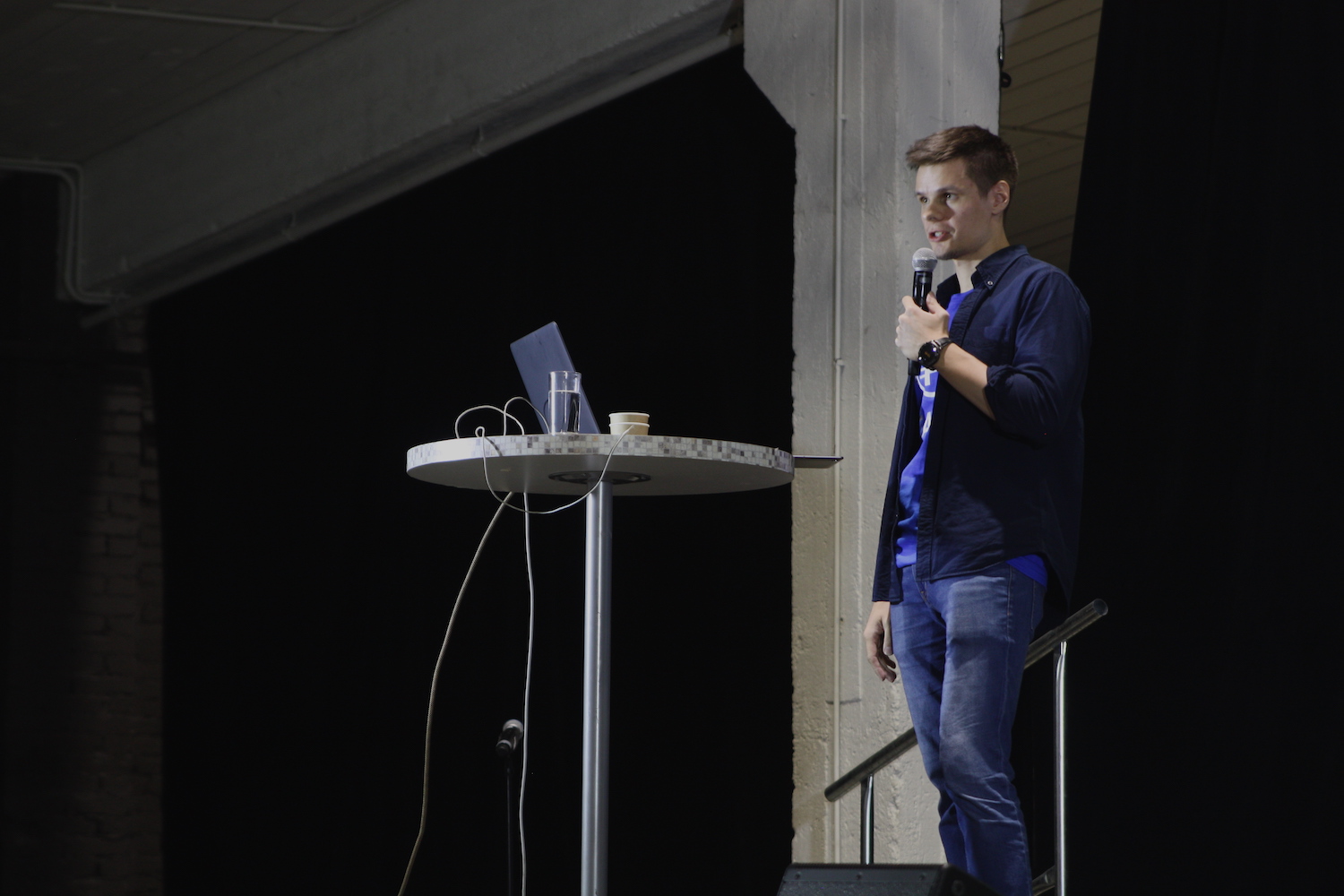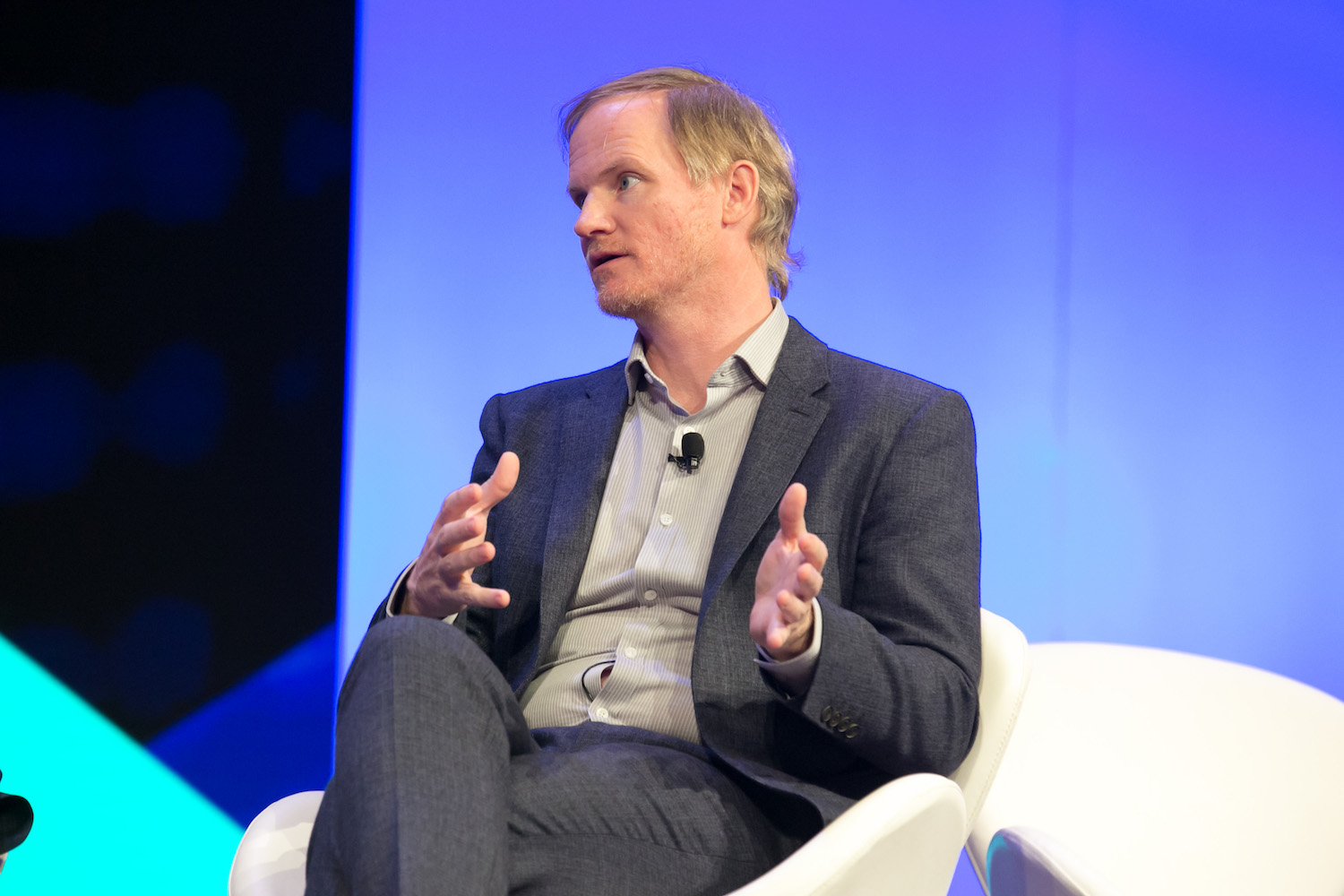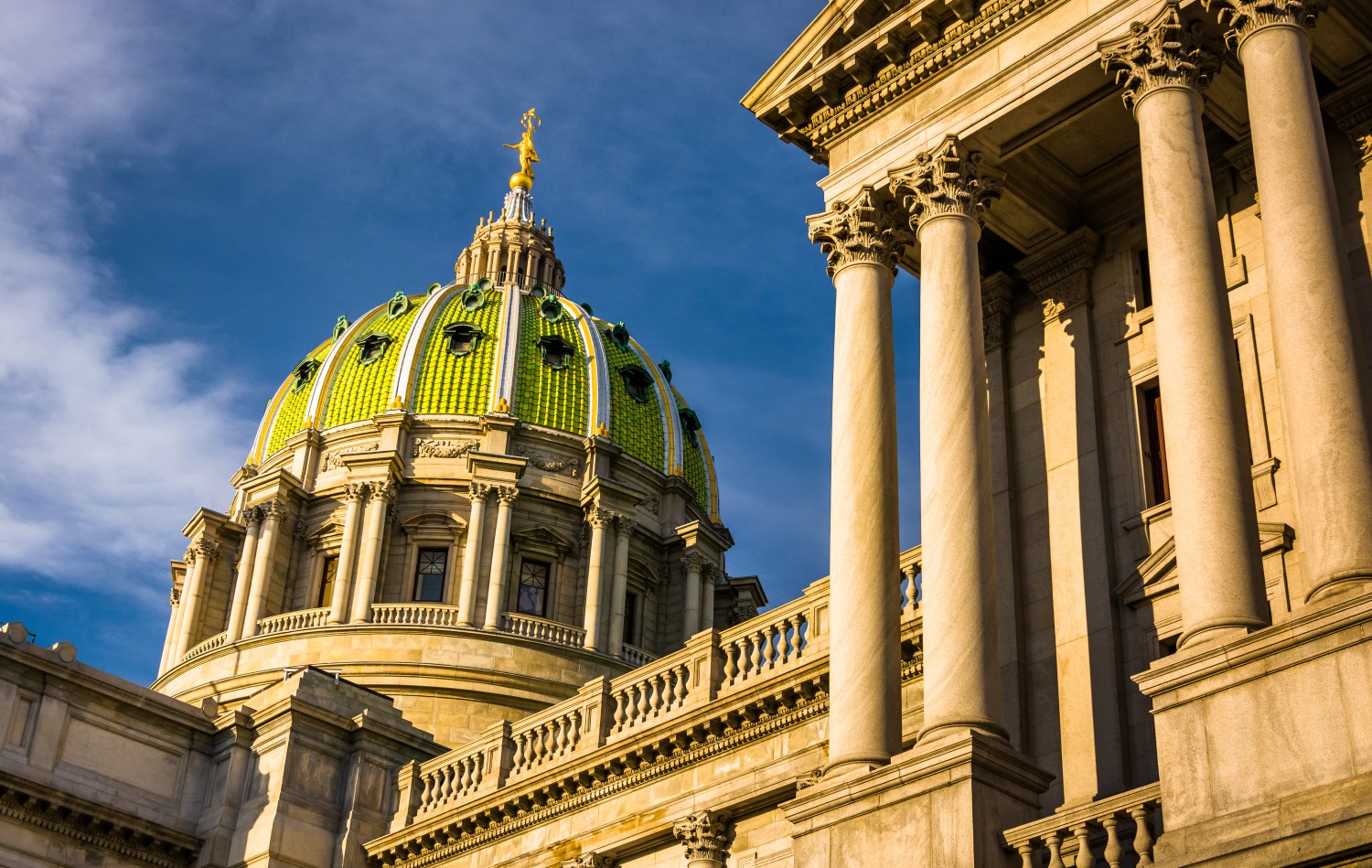‘Billions’ Could Be Saved By Tokenized Assets Backed With Central Bank Money: BoE Chief

Bank of England governor Mark Carney said that distributed ledger tech (DLT) projects have the potential to “unlock billions of pounds in capital and liquidity” — and that they might one day see closer cooperation with the central bank itself.
Carney spoke on June 20 during an appearance at the Lord Mayor’s Banquet for Bankers and Merchants of the City of London, according to published remarks. In the speech, which centered on new forms of financial products and services, Carney stated that “the Bank of England is announcing plans to consult on opening access to our balance sheet to new payment providers,” going to on remark that “this access could empower a host of new innovation.”
It was at this point that Carney invoked work being done on the blockchain and DLT front, telling attendees:
“In wholesale markets, consortia of broker dealers are working to develop settlement systems using distributed ledger technology that could overhaul how markets operate. These consortia, such as [Utility Settlement Coin], propose to issue digital tokens that are fully backed by central bank money, allowing instant settlement. This could also plug into ‘tokenised assets’ – conventional securities also represented on blockchain—and smart contracts. This can drive efficiency and resilience in operational processes and reduce counterparty risks in the system, unlocking billions of pounds in capital and liquidity that can be put to more productive uses.”
On their face, the comments offer a hint — however brief — that companies using DLT might one day be able to tap directly into the Bank of England’s services.
Fnality, the firm behind the Utility Settlement Coin (USC) initiative, raised just over $63 million in new funding, as The Wall Street Journal reported in early June.
During his appearance, Carney returned to a topic he touched on earlier this week: the subject of Facebook’s newly-unveiled cryptocurrency, Libra. In the wake of the announcement, Carney remarked that he expects Libra to abide by high standards of compliance and regulation, and on Thursday, he restated that sentiment.
“The Bank of England approaches Libra with an open mind but not an open door, said Carney. “Unlike social media for which standards and regulations are being debated well after it has been adopted by billions of users, the terms of engagement for innovations such as Libra must be adopted in advance of any launch.”
Libra, if it achieves its ambitions, would be systemically important,” he went on to say, continuing:
“As such it would have to meet the highest standards of prudential regulation and consumer protection. It must address issues ranging from anti-money laundering to data protection to operational resilience. Libra must also be a pro-competitive, open platform that new users can join on equal terms. In addition, authorities will need to consider carefully the implications of Libra for monetary and financial stability.”
“Our citizens deserve no less,” he concluded.
On Wednesday, Carney’s American counterpart, U.S. Federal Reserve chairman Jerome Powell, said that Facebook had met with representatives of the Fed and that the project was “something we’re looking at.”
“I would echo what Governor Carney said which is that we will wind up having quite high expectations from a safety and soundness and regulatory standpoint if they do decide to go forward with something,” Powell said during a press conference.
Image Credit: Editorial credit: Twocoms / Shutterstock.com









